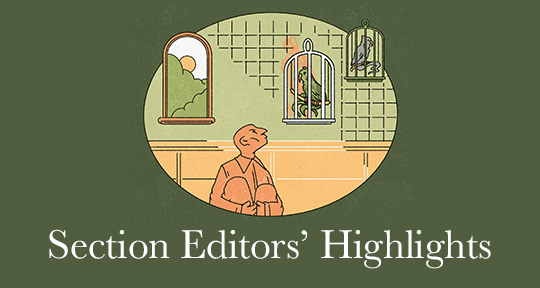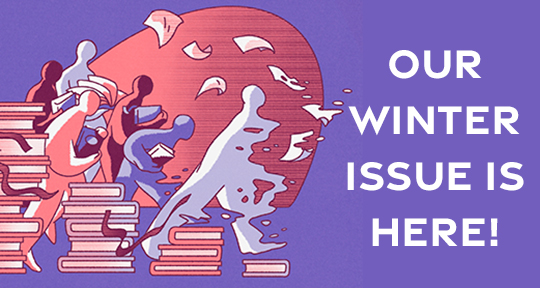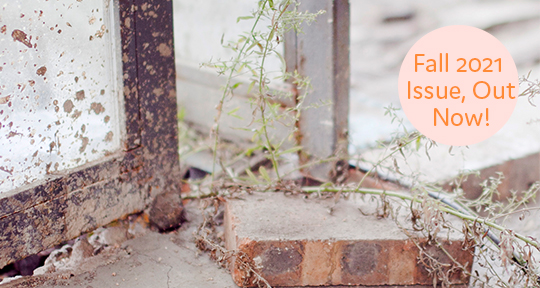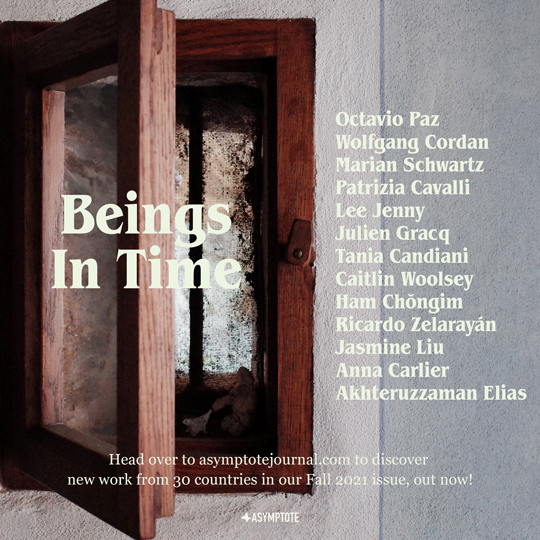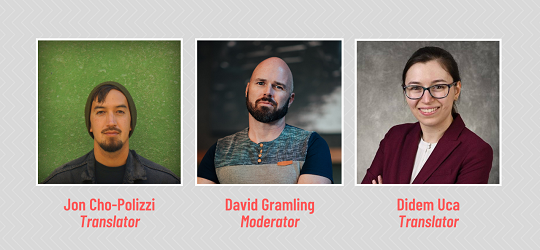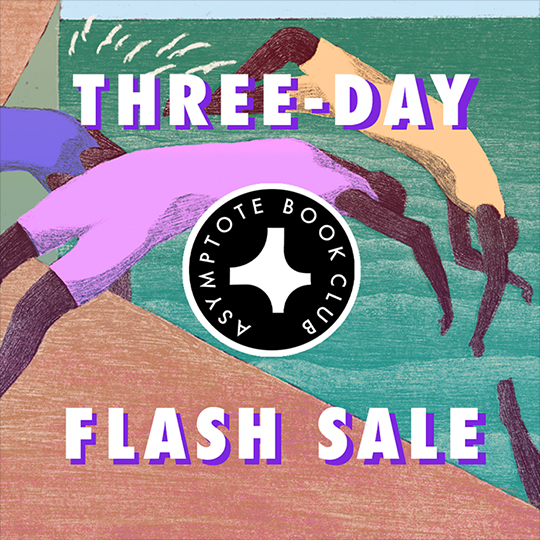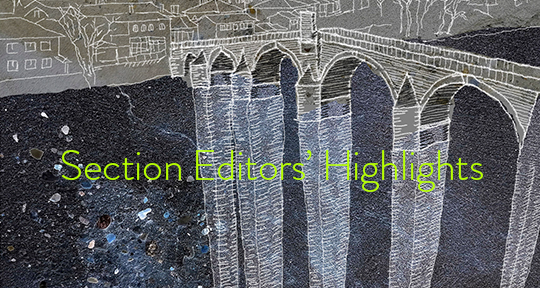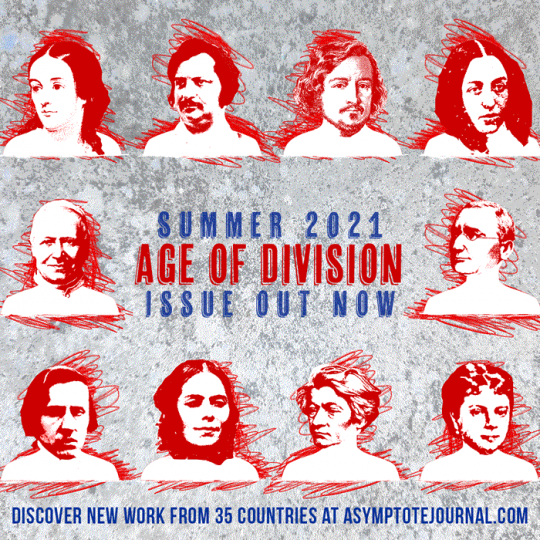This week, our editors from around the world discuss the 2022 International Booker longlist (released just yesterday), the Polish literary world’s reaction to the war in Ukraine, and literary nationalism in Uzbekistan. Read on to find out more!
Lee Yew Leong, Editor-in-Chief, on the 2022 International Booker Prize Longlist
The longlist for the 2022 International Booker Prize landed yesterday and we’re chuffed to see so many of our past contributors (20!), former team members (five!), and Book club titles (two!) on it! We’re especially thrilled for Anton Hur, who debuted in a big way by making the cover of our Fall 2016 edition with his translation of Jung Young Su’s “Aficionados” (we are proud to have played a small role in ”changing his life,” as he himself attests). Hur has not one but two titles on the 13-book list—a feat which, as far as we know, has never been accomplished before in the (admittedly short) history of the International Booker Prize. You can find his very smart metafictional essay on translating Bora Chung from our Winter 2021 issue here (accompanied by a translation into the Korean by Chung herself!); Hur also facilitates Rose Bialer’s interview with Sang Young Park here (both Chung and Park appear respectively with Cursed Bunny and Love in a Big City).
In stark contrast to last year’s longlist, which saw only one work from Asia included, this year was a bumper year for Asian representation, with five titles—among these, nominees Norman Erikson Pasaribu and translator Tiffany Tsao also first appeared together in Asymptote (read their debut in English here). We extend our warmest congratulations to editor-at-large David Boyd, whose co-translation, with Samuel Bett, of Mieko Kawakami’s Heaven—Kawakami’s inclusion this year makes up for the glaring omission of Breasts and Eggs last year—is also nominated. Before we let you check out the list on your own, we note, with no small measure of delight, that Phenotypes, our Book Club pick for January 2022, and After the Sun, our Book Club pick for August 2021, were also selected for the longlist, proving that joining our Book Club is one of the best ways to encounter tomorrow’s prizewinners today. Find our interviews with the two respective author-and-translator duos here (Paulo Scott and Daniel Hahn) and here (Jonas Eika and Sherilyn Nicolette Hellberg). Best of luck to all nominees—and may the worthiest pair (or trio) win!
Erica X Eisen, Blog Editor, reporting on Uzbekistan
The month of February saw celebrations in honor of the 581st birthday of the poet Alisher Navoi, a key figure in the history of Central Asian literature who was born in 1441 in what was then the Timurid Empire. While festivities occurred in several countries of the former Soviet Union, they were most pronounced in Uzbekistan, where Navoi’s work is seen as foundational for the country’s national literature. In various parts of the country, admirers of the poet held readings of his ghazals and reflected on his life and legacy.



